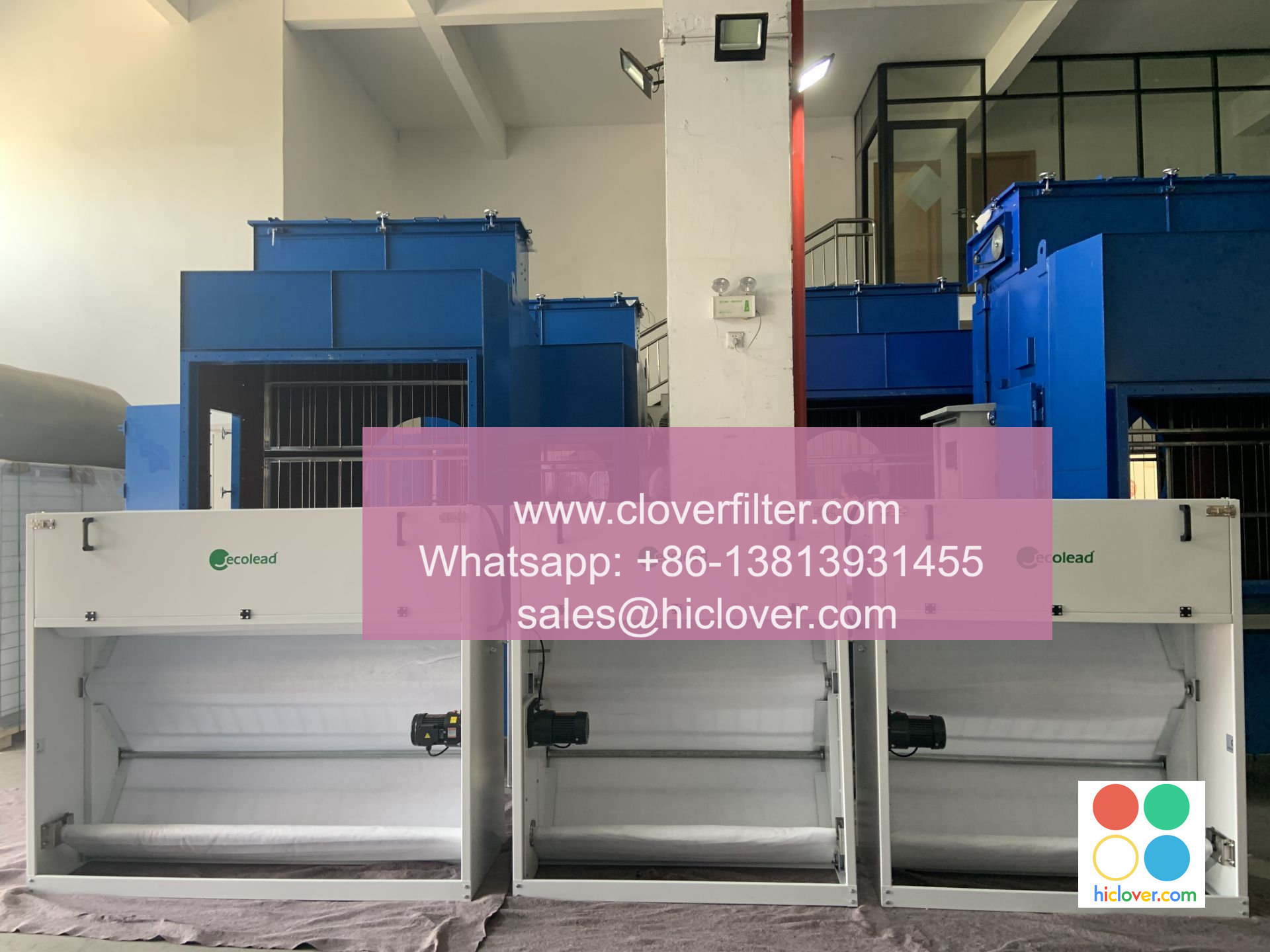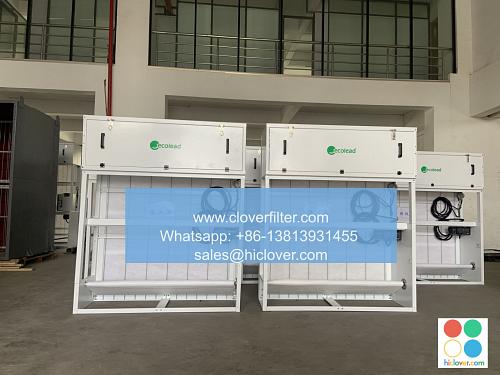Understanding the Impact of Certification on Air Filter Sales

The air filter market has experienced significant growth in recent years, driven by increasing concerns about indoor air quality and the need for clean air in various applications, including residential, commercial, and industrial settings. One key factor that has contributed to this growth is the importance of certification in the air filter industry. In this article, we will explore the impact of certification on air filter sales and highlight various application areas where certified air filters are in high demand.
The Role of Certification in Air Filter Sales
Certification plays a crucial role in the air filter industry, as it provides assurance to customers that the products they purchase meet certain standards and requirements. Third-party certification from reputable organizations, such as the Association of the Nonwoven Fabrics Industry (AFI) or the Air-Conditioning, Heating, Refrigeration Certification Board (ACHR), can significantly impact air filter sales. Certified air filters are perceived as high-quality products that can provide effective filtration and improved indoor air quality.
Application Areas for Certified Air Filters
Certified air filters are in high demand across various application areas, including:
* Residential HVAC systems: Certified air filters are used in residential heating, ventilation, and air conditioning (HVAC) systems to improve indoor air quality and reduce energy consumption.
* Commercial buildings: Certified air filters are used in commercial buildings, such as offices, schools, and hospitals, to maintain good indoor air quality and prevent the spread of airborne diseases.
* Industrial settings: Certified air filters are used in industrial settings, such as manufacturing facilities and warehouses, to remove airborne contaminants and improve worker health and safety.
* Pharmaceutical and healthcare facilities: Certified air filters are used in pharmaceutical and healthcare facilities to maintain cleanroom environments and prevent contamination.
* Food processing and packaging facilities: Certified air filters are used in food processing and packaging facilities to maintain clean air environments and prevent contamination.
Benefits of Certification for Air Filter Manufacturers
Certification can provide numerous benefits for air filter manufacturers, including:
* Increased customer trust: Certification can increase customer trust and confidence in the quality and performance of air filters.
* Competitive advantage: Certification can provide a competitive advantage in the market, as customers are more likely to purchase certified air filters.
* Improved product performance: Certification can ensure that air filters meet certain standards and requirements, which can improve their performance and effectiveness.
* Regulatory compliance: Certification can help air filter manufacturers comply with regulatory requirements and avoid potential fines and penalties.
Conclusion
In conclusion, certification plays a critical role in the air filter industry, and its impact on air filter sales cannot be overstated. Certified air filters are in high demand across various application areas, including residential, commercial, and industrial settings. Air filter manufacturers can benefit from certification by increasing customer trust, gaining a competitive advantage, improving product performance, and ensuring regulatory compliance. As the demand for clean air and high-quality air filtration systems continues to grow, the importance of certification in the air filter industry will only continue to increase. You haven’t given me a question or prompt to respond to. Please provide more context or ask a question, and I’ll do my best to provide a helpful and direct answer.

